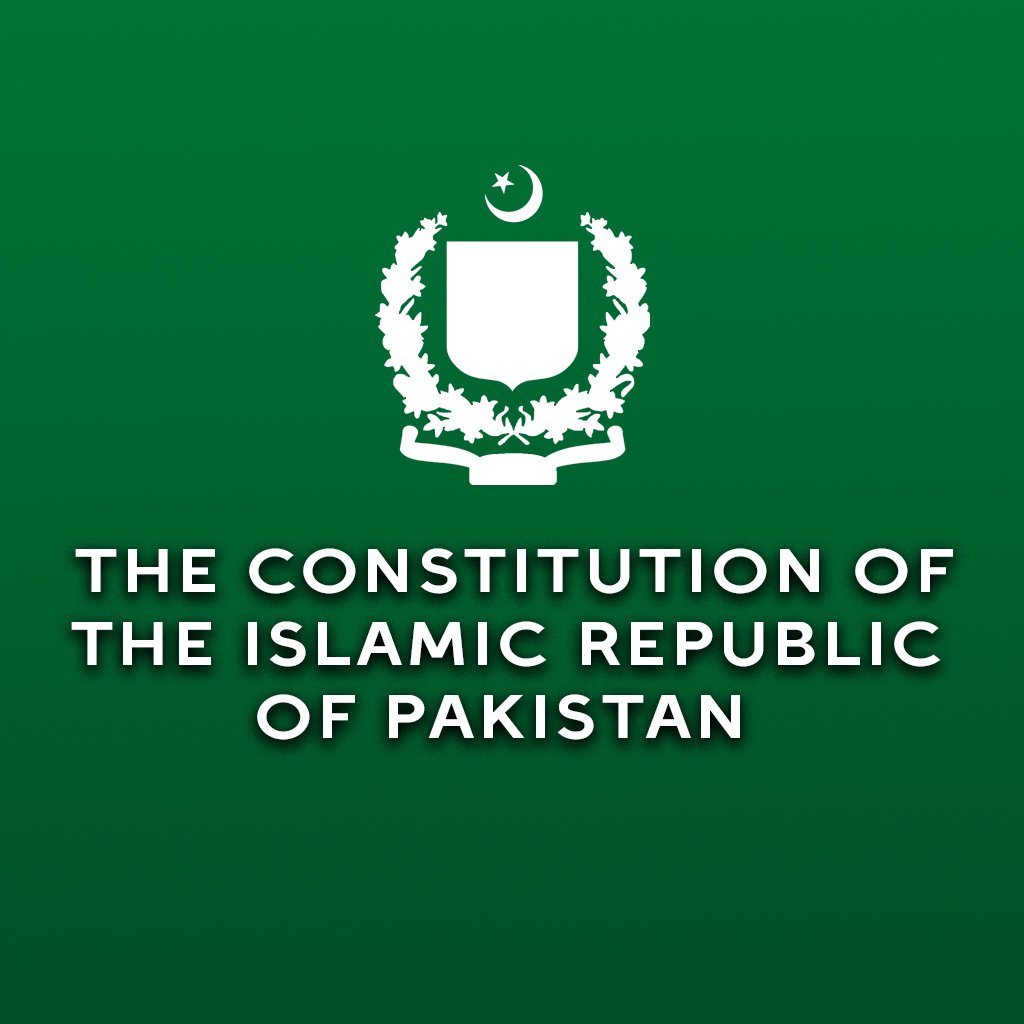Editorial
Freedom of association, protected in the seventeenth article of the constitution of Pakistan, is a fundamental right that allows citizens to form associations or unions, as outlined in the Constitution of Pakistan. This right is subject to reasonable restrictions imposed by law to protect Pakistan’s sovereignty or integrity, public order, or morality. The constitution recognizes the importance of allowing citizens to freely associate while also acknowledging the need for certain limitations to uphold the country’s interests.
Furthermore, citizens who are not in the service of Pakistan have the right to form or join political parties, again subject to reasonable restrictions to safeguard the sovereignty or integrity of Pakistan. The law dictates that if the Federal Government determines that a political party is operating in a manner prejudicial to the sovereignty or integrity of Pakistan, it must refer the matter to the Supreme Court for a final decision within fifteen days of such a declaration. This provision not only ensures that the formation and operation of political parties align with the broader national interest but also instils confidence in the public about the role of the Supreme Court in preventing activities that may threaten the country’s stability and security.
Pl subscribe to the YouTube channel of republicpolicy.com
In addition to the right to form political parties, every political party is required to disclose the sources of its funds in accordance with the law. This financial transparency requirement is not just a legal formality, but a crucial tool for ensuring accountability and preventing the influence of undisclosed or illegitimate funds in the political process. It reassures the public about the integrity of the political process and the responsible use of funds by political parties.
Overall, the provisions regarding freedom of association in the Constitution of Pakistan aim to strike a balance between allowing citizens to exercise their rights to form associations, unions, and political parties and safeguarding the interests and stability of the nation. These constitutional protections underscore the importance of upholding democratic principles while addressing potential threats to the country’s sovereignty, integrity, and public order. This balance ensures that while citizens can freely associate, the nation’s interests are not compromised.
In the context of Article 17th of the constitution, the federal government has decided to proceed against the PTI for banning it. However, it seems more of a political transaction than a constitutionally backed transaction. Yes, the constitution of Pakistan allows the ban of a political party; however, it requires substantive evidence of subverting Pakistan’s integrity and sovereignty. PTI is a political reality, and any effort to ban it will backfire politically and culturally.
















